Daisy Fried on Poetry:
* I’ve never found an explanation for why poetry, apparently alone among the art forms, is asked to do more than be itself.
* But poetry’s the High Art which is also democratic: inexpensive, portable, reproducible, quickly consumed (except for epic and very difficult poetry), requiring only literacy to participate. So maybe it’s good that poetry carries this extra burden, even if it means that the idea of poetry is more necessary to people than individual poems, and that people tend not to pay attention to what’s happening on the page. But this doesn’t explain why the superfluous demands are often made by educated poetry experts. I doubt most poets, good and bad, political or not, put these demands on their own work. Why should we make them of poetry in general?
* Words matter. Use is not function. War and Peace makes an excellent paperweight; I’ve used it that way myself, after reading it. The function of War and Peace is greater than its many uses. So too poetry. Bad poems are often more useful for healing, persuasion, and celebration than good ones. They lack that rich ambiguity which Keats called negative capability, and so fail as poems. Take, for example, bad 9/11 poems, at which I do “sniff the air.” There are good 9/11 poems. The degraded Romanticism of the mass of bad ones often amounts to decorative displays of the poet’s own sensibility. Such displays may be emotionally or politically useful, but who needs them? They seem to claim authenticity for individual experiences derived from watching TV—and fail to ask the question, why do these people want to kill us? Good 9/11 poems sustain the possibility that America was both victim and guilty. I believe 9/11 solace poetry has given support, however indirectly and unintentionally, to the Bush administration. Solace poetry is to serious poetry as pornography is to serious art. Sex pornography has its uses, even positive ones, but nobody confuses it with serious art about love. The difference between solace porn and sex porn is that solace pornographers seldom seem aware that they’re making pornography. Shame on them.* Poetry matters. Great poems don’t always fit categories of usage: Martial’s hilariously filthy invectives, Dickinson’s apolitical lyrics, and, despite their stupid fascism, Pound’s Cantos, all function as great poetry. Meanwhile, the four of us write poems. We might begin by intending to be merely useful (I never have). But at some point the poem takes over, makes requirements of us instead of vice versa. That’s the moment of poetry; poems exist to let readers share in that moment. So our focus on mere use strikes me as odd: is this really all we know about our poems? Why exclude ourselves from our own readership?
* Enjoyment matters. Poetry is fun! I mean this seriously. In “Lapis Lazuli,” Yeats insists on the gaiety of human existence alongside its tragedy. Yes, there is terrible suffering; we are all going to die. And when, on the carved lapis lazuli, a man “asks for mournful melodies;/Accomplished fingers begin to play;/…their eyes,/Their ancient, glittering eyes, are gay.” The gaiety of great poetry reinforces and deepens our humanity. That’s personal—and therefore social. Forget that, and we forget poetry’s true function.
–from “Does Poetry Have a Social Function” @ The Poetry Foundation
Listen in on a conversation I had with Daisy Fried HERE: powered by ODEO
A POEM A DAY BY DAISY FRIED
1. Write a ten-line poem in which each line is a lie.
2. Write a poem that tells a story in 18 lines or less, and includes at least four proper nouns.
3. Write a poem that uses any of the senses EXCEPT SIGHT as its predominant imagery.
4. Write a poem inspired by a newspaper article you read this week.
5. Write a poem without adjectives.
6. Ask your roommate/neighbor/lover/friend/mother/anyone for a subject (as wild as they want to make it) for a ten-minute poem. Now write a poem about that subject in ten minutes; make it have a beginning, a middle and an end.
7. Write the worst poem you possibly can. Now edit it and make it even worse.
8. Poem subject: A wind blows something down. Or else it doesn’t. Write it in ten minutes.
9. Write a poem with each line, or at least many of the lines, filling in the blanks of “I used to________, but now I_________.”
11. Write a poem consisting entirely of things you’d like to say, but never would, to a parent, lover, sibling, child, teacher, roommate, best
friend, mayor, president, corporate CEO, etc.
12. Write a poem that uses as a starting point a conversation you overheard.
13. First line of today’s poem: “This is not a poem, but…”
14. Write a poem in the form of either a letter or a speech which uses at least six of the following words: horses, “no, duh,” adolescent, autumn
leaves, necklace, lamb chop, Tikrit, country rock, mother, scamper, zap, bankrupt. Take no more than 13 minutes to write it.
15. Write a poem which includes a list or lists-shopping list, things to do, lists of flowers or rocks, lists of colors, inventory lists,
lists of events, lists of names…
16. Poem subject: A person runs where no running is allowed. Write it in ten minutes.
17. Write a poem in the form of a personal ad.
18. Write a poem made up entirely of questions. Or write a poem made up entirely of directions.
19. Write a poem about the first time you did something.
20. Write a poem about falling out of love.
21. Make up a secret. Then write a poem about it. Or ask someone to give you a made-up or real secret, and write a poem about it.
22. Write a poem about a bird you don’t know the name of.
23. Write a hate poem.
24. Free-write for, say, 15 minutes, but start with the phrase “In the kitchen” and every time you get stuck, repeat the phrase “In the
kitchen.” Alternatively, use any part of a house you have lots of associations with-“In the garage,” “In the basement,” “In the bathroom,” “In the yard.”
25. Write down 5-10 words that sound ugly to you. Use them in a poem.
26. Write a poem in which a motorcycle and a ballerina appear.
27. Write a poem out of the worst part of your character.
28. Write a poem that involves modern technology-voice mail, or instant messaging, or video games, or… 29. Write a seduction poem in which somebody seduces you.
30. Radically revise a poem you wrote earlier this month.

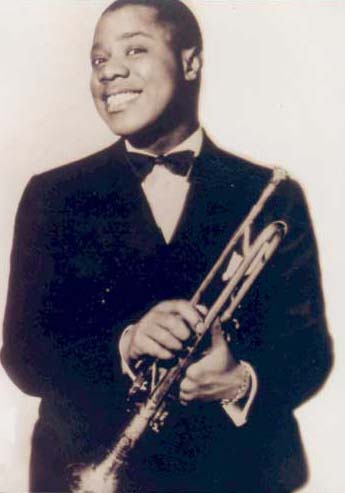



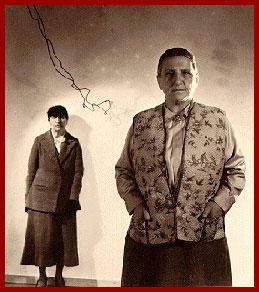
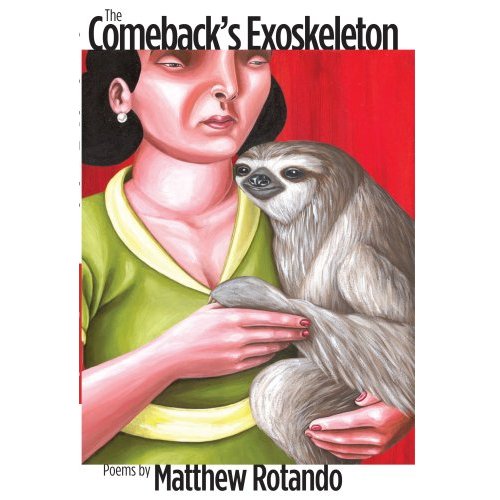





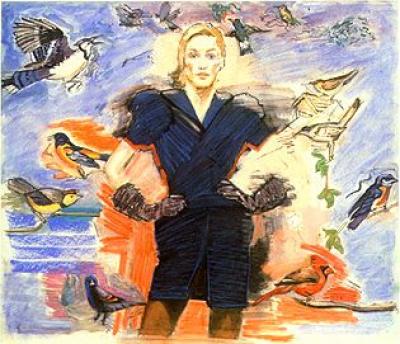




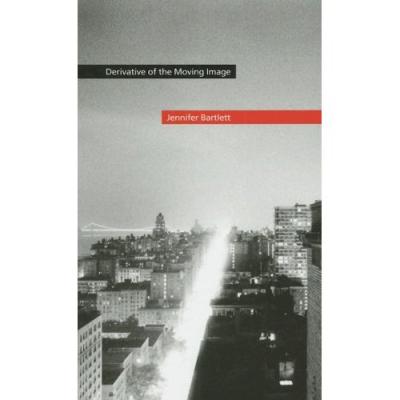


March 7th, 2008 at 11:45 am eSome great links,
but a lot are broken
(from that pub).
March 7th, 2008 at 10:00 pm eA few were fixed — I hope not too many broken remain.
That’s a poem, no?
Thanks for visiting the site, Jim!
A
March 7th, 2008 at 11:20 pm eSometimes
the load makes
the site drop links.
Not intentionally poetic.
At philosophy forums,
handyman sites,
and radio reviews,
I am accused of
poetry due to my
linebreaks.
Now you.
I give up
March 7th, 2008 at 11:21 pm egood bonnie!
March 8th, 2008 at 6:39 pm eFunny how line breaks can make music!